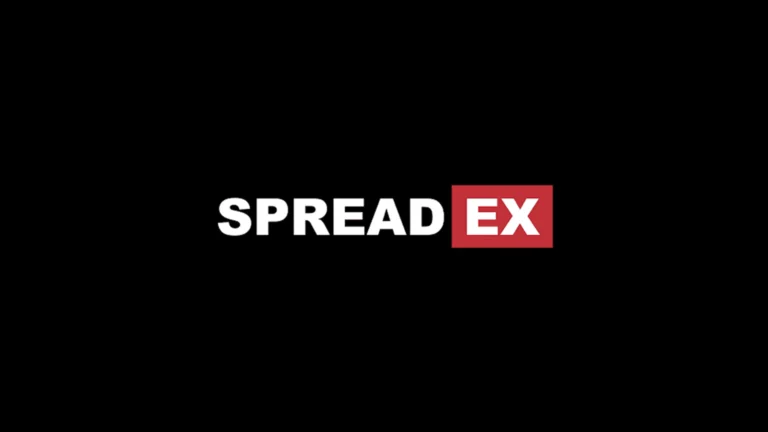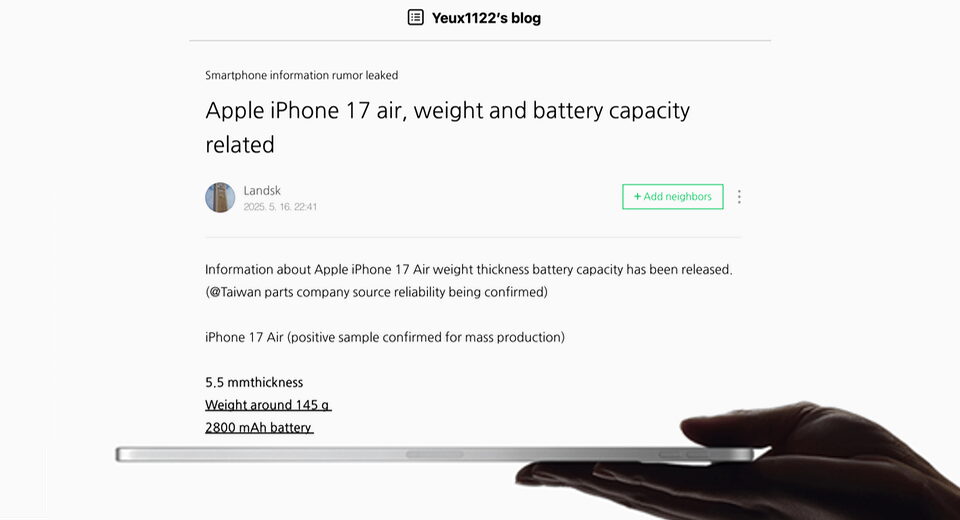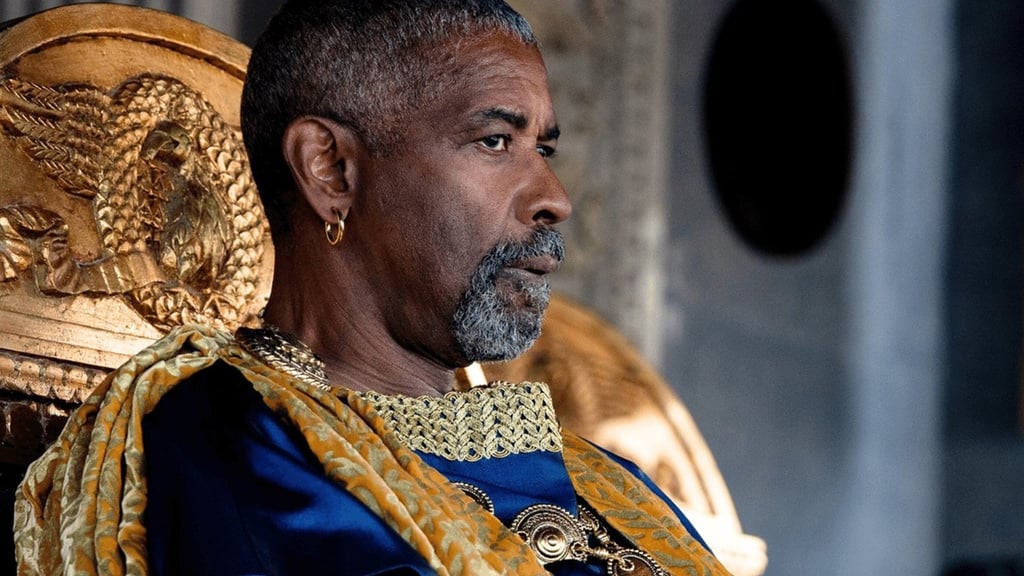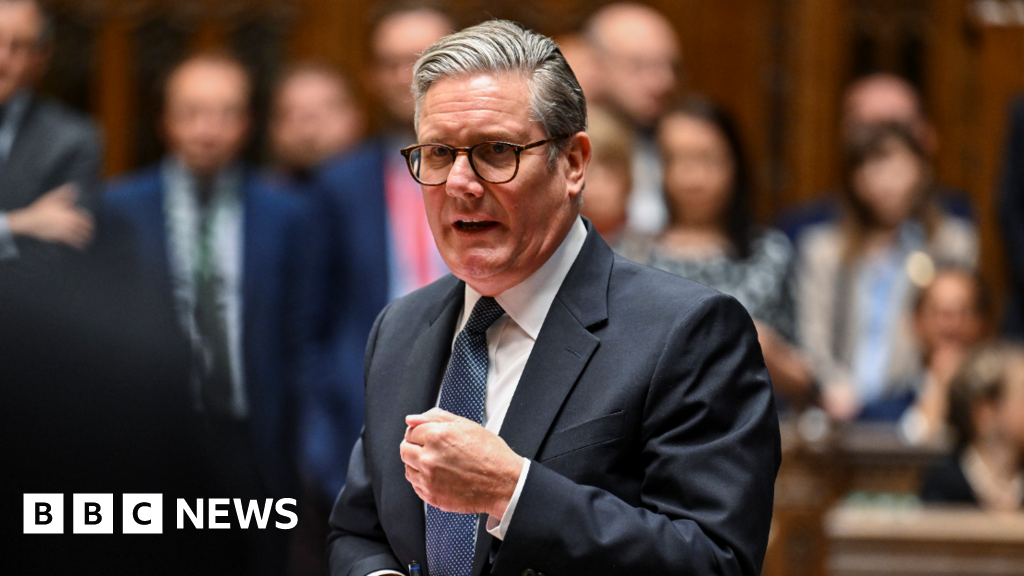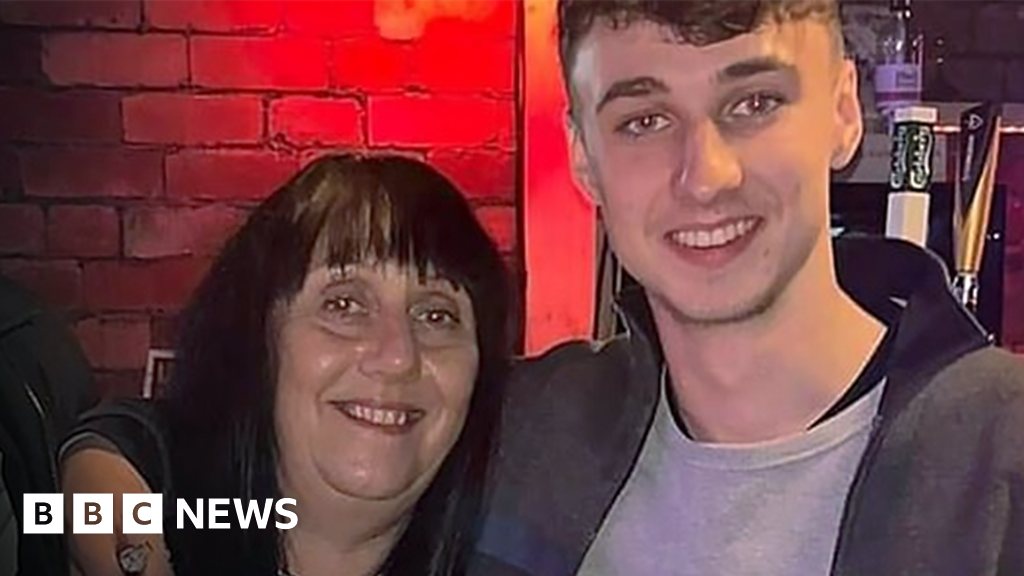Leaked memo reveals deputy PM Rayner called for tax rises
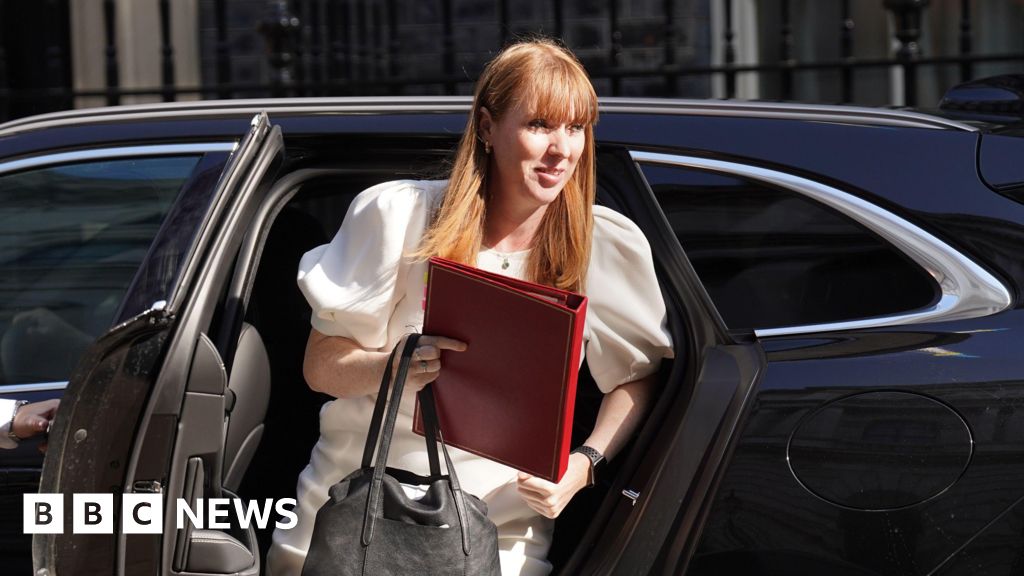
Leaked memo reveals Rayner called for tax rises
Iain WatsonPolitical correspondentKate WhannelPolitical reporter
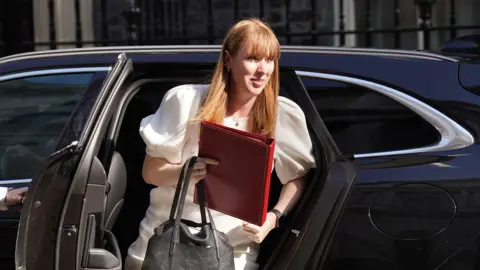 PA Media
PA MediaDeputy Prime Minister Angela Rayner's department called for Chancellor Rachel Reeves to increase taxes prior to this year's Spring Statement.
A memo - seen by the Daily Telegraph - appeared to urge Reeves to raise taxes by £3bn to £4bn a year through various measures, which the chancellor did not implement. She has repeatedly pushed against raising taxes and instead announced £5bn of welfare cuts in March.
Government insiders said it was not unusual for discussion papers to be informally exchanged between departments without sign-off by ministers.
While the Spring Statement has been and gone, arguments in the Labour party persist ahead of departmental spending plans being set out in June.
Those on the left of the party in particular have been arguing that cuts to some departments could be averted if Reeves introduced a wealth tax or relaxed her rules on borrowing and debt. She has pledged not to borrow to fund day-to-day spending.
Asked about the memo on BBC Breakfast, Environment Secretary Steve Reed said the cabinet were "united behind the government's plan for change".
He added that Labour had already increased taxes on the wealthy, pointing to changes to the non-dom tax status, which he said would see the richest pay more.
Inside the memo were a series of proposals that included alternative measures such as increasing the rate of corporation tax on banks.
It suggested extending the freeze on the threshold at which the 45% tax rate is paid to include more people in the higher bracket and scrapping the tax-free allowance on dividends.
It also called for the lifetime pensions allowance to be reinstated, which puts a cap on how much savers could put into their pension before higher tax is applied.
This allowance was scrapped under the Conservative government and while Labour had made plans to reinstate it before last year's general election, they reversed the decision before publishing the party's manifesto.
Speaking to The Telegraph, Conservative Shadow Chancellor Mel Stride said that the note "confirms that we are still living with the Labour Party of Jeremy Corbyn".
"At the very highest level, Labour ministers are debating which taxes to increase next," he added.
"The chancellor has repeatedly refused to rule out another tax raid in the autumn, and now we know why - Labour's top brass, including the deputy prime minister, want to come back for more."
The memo from Rayner's department echoes concern within the Labour party over the government's tax and spending decisions.
Some Labour MPs have expressed unease, publicly and privately, about cuts to welfare announced at the Spring Statement, including stricter tests for those claiming disability benefits.
Speaking to the BBC's Today programme, Labour MP for Poole Neil Duncan-Jordan said the changes would push 400,000 people into poverty, adding "those aren't things Labour MPs want to sign up to".
"There is a very healthy debate inside the Labour Party at the moment about how we should be raising funds rather than cutting benefits."
In a speech on Wednesday, Work and Pensions Secretary Liz Kendall is expected to say there is a "risk" the welfare state could collapse unless changes are made.
There is also ongoing disquiet among Labour MPs about the government's decision to remove winter fuel payments from all but the poorest pensioners.
The worry has intensified since the local elections, with some blaming the party's electoral losses on the cut.
In recent days, the BBC has been told senior government figures are discussing whether to reverse the cut.
Options being considered include changing the threshold at which pensioners stop receiving the benefit, or restoring the payments to all pensioners.
Asked about the payment, Reeves said "that policy stands because it was necessary to stabilise the public finances".
Another source of tension has been the government's move to fund increased defence spending by making cuts to the aid budget.
That prompted Anneliese Dodds to quit as the international development minister. In her resignation letter she expressed disappointment that instead of discussing "our fiscal rules and approach to taxation", the prime minister had opted to make cuts.


Sign up for our Politics Essential newsletter to read top political analysis, gain insight from across the UK and stay up to speed with the big moments. It'll be delivered straight to your inbox every weekday.
What's Your Reaction?
 Like
0
Like
0
 Dislike
0
Dislike
0
 Love
0
Love
0
 Funny
0
Funny
0
 Angry
0
Angry
0
 Sad
0
Sad
0
 Wow
0
Wow
0



